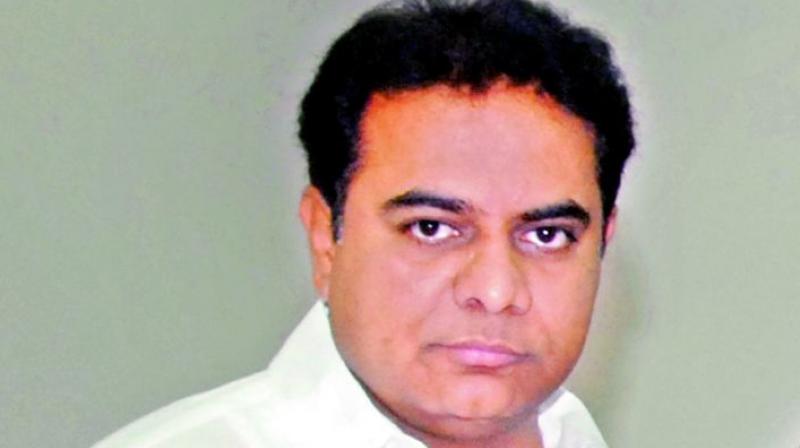Health index falls below Sri Lanka

Hyderabad: India has leapfrogged developed nations in many areas, and hopefully it will do so in health as well. This was the vision set by Chief Economic Adviser Prof. Krishnamurthy Subramanian in a conversation with TRS working president K.T. Rama Rao at BioAsia 2019 Life Sciences 4.0 in Hyderabad.
Prof. Subramanian highlighted the four main concerns facing India’s healthcare-poor financial protection; high out-of-pocket expenditures (individuals investing in their own healthcare); improvement in outcomes in terms of quality of healthcare; and suboptimal access and quality of healthcare, especially among the poor.
In terms of world rankings, India stands at 143, close to Ghana while in the neighbourhood Sri Lanka is at 79 and China 92.
What is important to note is that India’s spending is at par or more than those countries, he said.
“Out-of-pocket expenditure in India is way higher than other countries which is an area of concern as policy makers. Another aspect of the rankings is that if we co-relate it with government control, we see that it is low in India and it seems to have a co-relation to how we are performing,” he said.
Questioning Mr Subramanian about it, he asked, “Sometimes the lack of regulation or minimal regulation leads to suboptimal outcomes. But in my opinion, too much regulation sometimes stifles outcomes and innovation, how do you balance these two?”
Mr Subramanian said, “it is because we tend to not be careful in thinking of the right kinds of interventions. Some interventions could be better than others. We should be focused on some of the unintentional consequences and think carefully about cost difference analysis of that and then go forward with regulations.”
“This sector is very technical with some quantity or price restrictions. But there will be some effect of that in terms of access to some people versus others. For instance if I have to travel 20 km to avail healthcare, even if a particular price is set all over India, the fact that the cost I pay to access that healthcare is very different to what someone pays in the city. This is where one size fit all in terms of regulation does not work very well.”
Mr Rao added that when it comes to drug discovery companies spend billions of dollars and more often than not, they remain unsure of outcome. A price control on dugs and on medical devices and technologies therefore tends to scare investors.
He said, Indian Life Science industry is going through a rough ride in the last few years with the growth having dropped to single digit numbers. Pharma companies are worried about price control if they have to invest billions. Make in India but don’t seem to understand these practical concerns.

